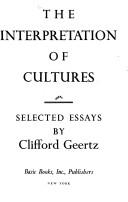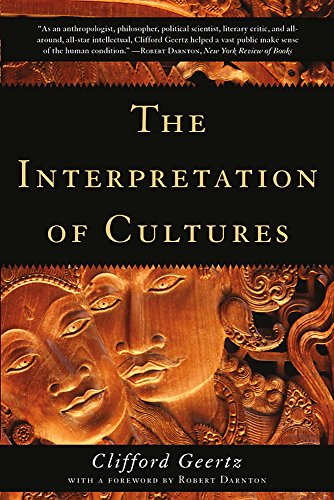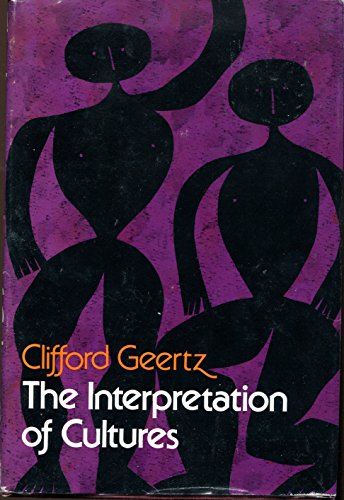

“The notion that the essence of what it means to be human is most clearly revealed in those features of human culture that are universal rather than in those that are distinctive to this people or that is a prejudice that we are not obliged to share,” he wrote in 1966.

Geertz also argued against the idea that one could define the essence of humanity across all cultures. In short, in the Geertz formulation, the question to ask about cultural phenomena is not what they do, but what they mean. Culture, he argued, fills the gap between those things that are biological givens for our species and those we need to function in a complex, interdependent and changing world. Geertz said, culture is “a system of meanings embodied in symbols” that provide people with a frame of reference to understand reality and animate their behavior. Whereas social structure embraces economic, political and social life and its institutional forms, Mr. Geertz drew a careful distinction between culture and social structure, differentiating himself from functionalists like Lévi-Strauss, who believed that rituals, institutions and other aspects of a culture could be best understood by the purposes they serve.

In one of his most widely cited essays, “Deep Play: Notes on the Balinese Cockfight,” included in “The Interpretation of Cultures,” he analyzed the kinship and social ties that are constructed, emphasized and maintained in this form of ritual “deep play” as if they were “an assemblage of texts.” Geertz also wrote voluminously on his fieldwork in Indonesia and Morocco.

The Times Literary Supplement called the book one of the 100 most important since World War II. “Believing with Max Weber that man is an animal suspended in webs of significance he himself has spun, I take culture to be those webs and the analysis of it to be therefore not an experimental science in search of law but an interpretive one in search of meaning,” he wrote in his 1973 book, “The Interpretation of Cultures” (Basic Books). Geertz analyzed and decoded the meanings of rituals, art, belief systems, institutions and other “symbols,” as he defined them. Drawing on history, psychology, philosophy and literary criticism, Mr.


 0 kommentar(er)
0 kommentar(er)
